HotSpots H2O: In Somalia, Severe Food Shortages Follow Meager Harvest
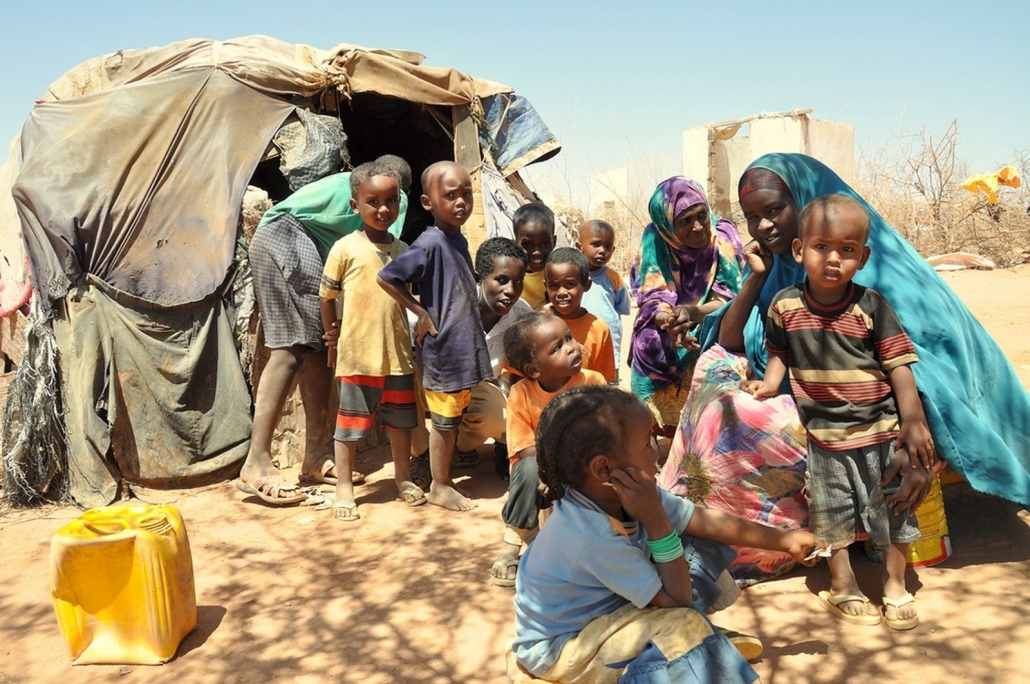
Photo courtesy of Wikipedia.
Somalia’s cereal production is the worst since 2011, a year when famine killed more than 200,000 people in the East African country. Such a catastrophe might not repeat this year, but the nutritional outlook is not bright. More than 2 million Somalis will face severe hunger through the end of December.
Aid agencies use a five-point scale to describe the severity of food shortages. The UN estimates that 2.2 million people in Somalia are in phases 3 and 4. Phase 3 denotes a “crisis,” with high or above-average acute malnutrition, while Phase 4 denotes “emergency” hunger levels, with very high acute malnutrition and deaths.
An estimated 6.3 million Somalis are expected to experience some level of food insecurity by the end of the year, out of a population of around 15 million.
The poor harvest was caused by a combination of low river levels and unpredictable rainfall during the Gu season, which typically lasts from April to June, but arrived late this year. Data from the UN Food and Agriculture Organization and other groups found that yields in some areas in southern Somalia were up to 70 percent below average.
The 2019 Gu season was one of the driest in the past 35 years, and occurred after several months of already-dry conditions. The next planting season, Deyr, is from October to December and is predicted to be wetter than average. Humanitarian groups warn that aid is still needed for many areas of the country though, regardless of precipitation during Deyr.
The food crisis is exacerbated by ongoing unrest in the country between militant group al-Shabaab and the Somali army. The conflict and food shortages have left around 2.6 million people internally displaced.
Sharifo Ali Mohamud, who left a drought-stricken agricultural area in Somalia, detailed the harsh conditions in an interview with The Guardian.
“The drought hit our village. We used to grow maize on the farm but it became dry. We did not have anything to eat. Then the fighting started,” the mother of seven said. She relocated her family to Mogadishu, the capital, but says life remains difficult. “We don’t get enough water and food and [if] I return to my village, I am afraid the harsh drought condition will be bitter.”
Kayla Ritter is a recent graduate of Michigan State University, where she studied International Relations and Teaching English to Speakers of Other Languages. She is currently based in Manton, Michigan. Kayla enjoys running, writing, and traveling. Contact Kayla Ritter



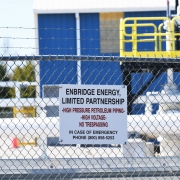
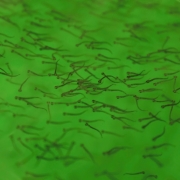
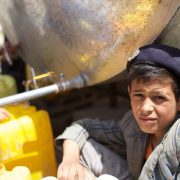
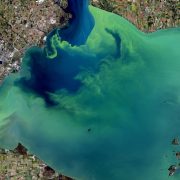
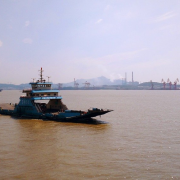
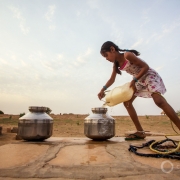



Leave a Reply
Want to join the discussion?Feel free to contribute!